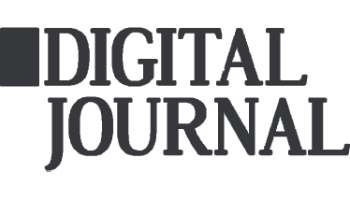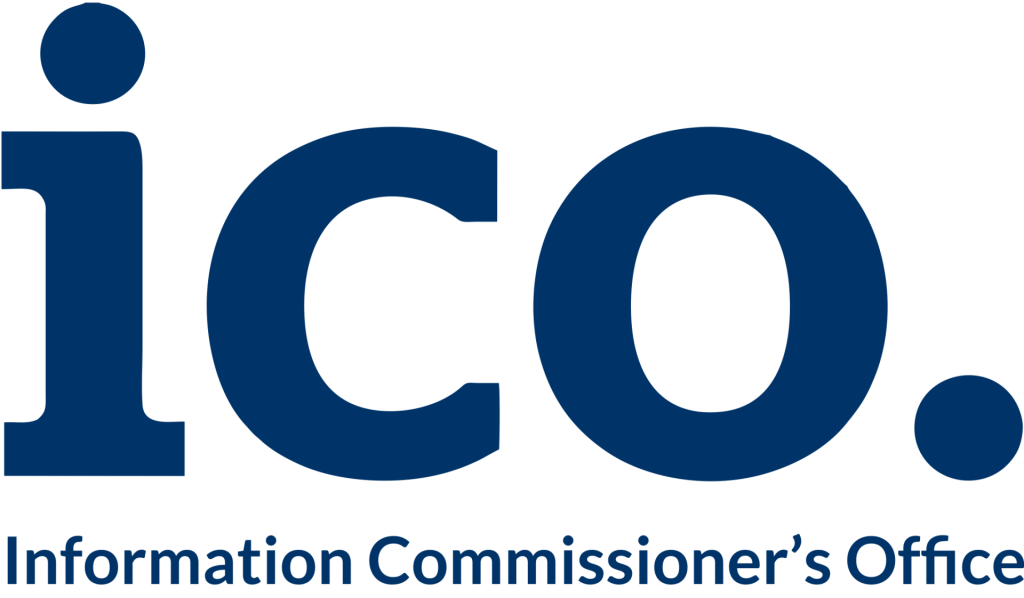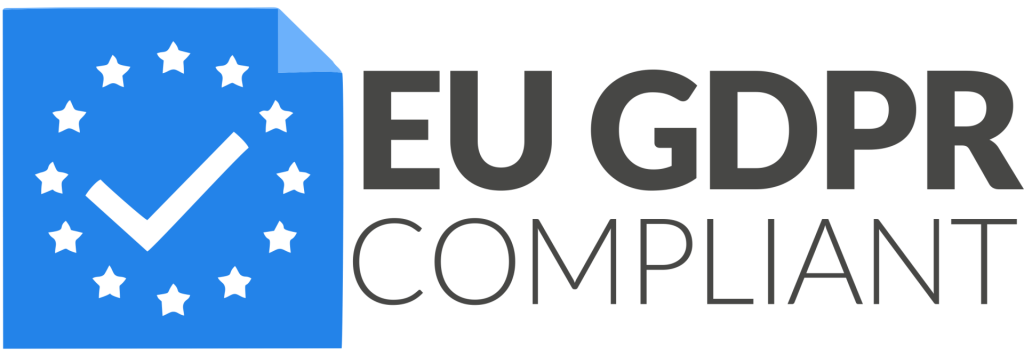Distributed work complicates the classic test of where a company is managed. Regulators look for where strategic decisions are made, not just where people live. In 2026, boards should formalize meeting cadence and locations. Documentation becomes the evidence of “mind and management.” Hold regular board sessions physically or in a designated jurisdiction. Record attendance, voting, and resolutions meticulously. Keep agendas focused on strategy, budgets, and policy. Routine creates a defensible pattern.
Operational substance supports the management story. Local contracts, customer engagements, and employees all help. Virtual offices alone carry little weight. Align leases, vendors, and leadership presence with your chosen hub. Remote policies should address data access and decision rights. Specify which roles can bind the company and from where. Use signing policies that route key actions through your management jurisdiction. This reduces ambiguity during audits. Auditors and banks appreciate consistency. When your documentation, operations, and governance all point to one place, reviews go faster. Inconsistent signals invite questions and delays. A coherent footprint keeps you moving forward.
Economic Substance and Remote Teams: Proving “Mind and Management” in a Distributed World


































